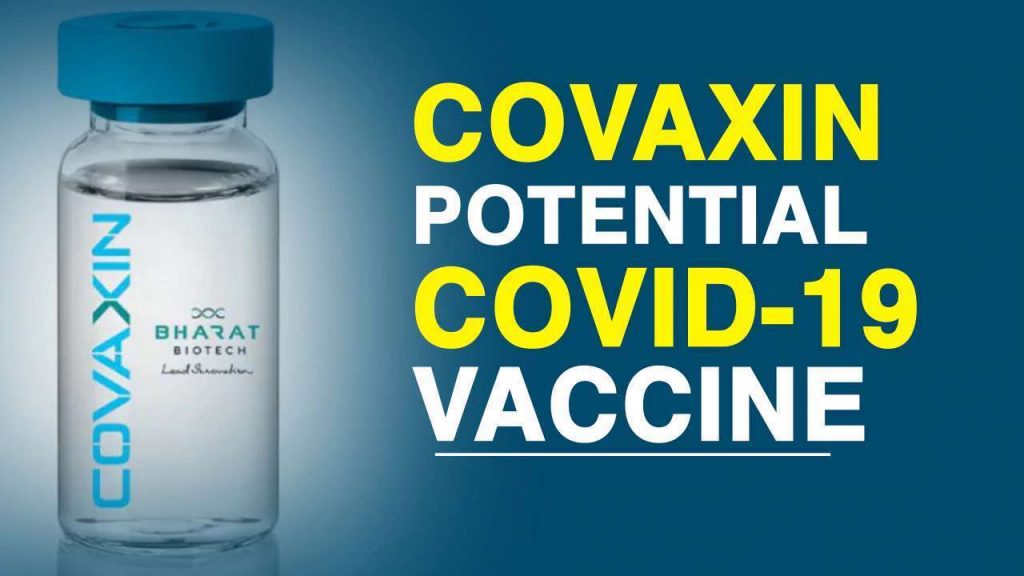Virendra Pandit
Mumbai: Two days after Prime Minister Narendra Modi launched the world’s largest vaccination drive against COVID-19 on January 16, India’s indigenous coronavirus vaccine-maker Bharat Biotech International Ltd (BBIL) has warned the people not to get the Covaxin shot if they have a set of medical conditions so as to avoid health complications.
More than 3.80 lakh priority group beneficiaries have been vaccinated across the country in the first two days. Two of them—one each in Uttar Pradesh and Karnataka–have since died, but their deaths were yet to be medically-linked to the vaccine shots.
Reports also emerged about a section of vaccine-takers developing side-effects. Nearly 580 adverse reactions were reported until Monday, media said.
In this backdrop, BBIL, whose emergency-use Covaxin is still underway the Phase 3 of clinical trials, came out with a factsheet, announcing a set of rules to follow to avoid vaccination in certain categories of people with health conditions.
It clarified that the “clinical efficacy of Covaxin is yet to be established and it is still being studied in Phase 3 clinical trial. Hence, it is important to appreciate that receiving the vaccine does not mean that other precautions related to COVID-19 need not be followed.”
The Hyderabad-based company said that those who have weaker immunity or are on a medicine that affects their immune system and people with allergies must not take the Covaxin shot.
Those with a history of allergies, have a fever, a bleeding disorder, or are on a blood thinner, pregnant or breastfeeding women, and those with any other serious health-related issues must not be injected with Covaxin. Also, those who have already received another COVID-19 vaccine cannot take Covaxin, BBIL said.
It warned the recipients of severe allergic reactions that may include difficulty in breathing, swelling of the face and throat, fast heart-beat, rashes all over the body, dizziness, and weakness. Those receiving Covaxin shots must disclose their medical conditions, the medicines they are taking, and allergies if any.
The factsheet lists side-effects including pain, swelling, or itching at the site of injection, body ache, headache, fever, malaise, weakness, rashes, nausea, and vomiting.
“Additionally, there is a remote chance that the Covaxin could cause a severe allergic reaction. For this reason, your vaccination provider will ask you to stay for 30 minutes after each dose of vaccination at the place where you received your vaccine for monitoring after vaccination.”
The pharmaceutical major said all recipients would be part of follow-ups for a period of three months after the second dose of vaccination.
“In case of any serious adverse events, vaccine recipients will be provided with a medically recognized standard of care in the government designated and authorized centers/hospital. The compensation for the serious adverse event will also be provided,” the factsheet said.
Earlier, the government had said that patients who are on immuno-suppressants or suffer from immune deficiency could take the vaccine but the response would be less effective in such individuals. Usually, cancer patients who are on chemotherapy, HIV-positive people, and those who are on steroids are immune-suppressed.
Beginning Saturday last week, India began to use two vaccines, the home-made Covaxin and the Oxford-AstraZeneca vaccine Covishield produced by the Pune-headquartered Serum Institute of India (SII).

